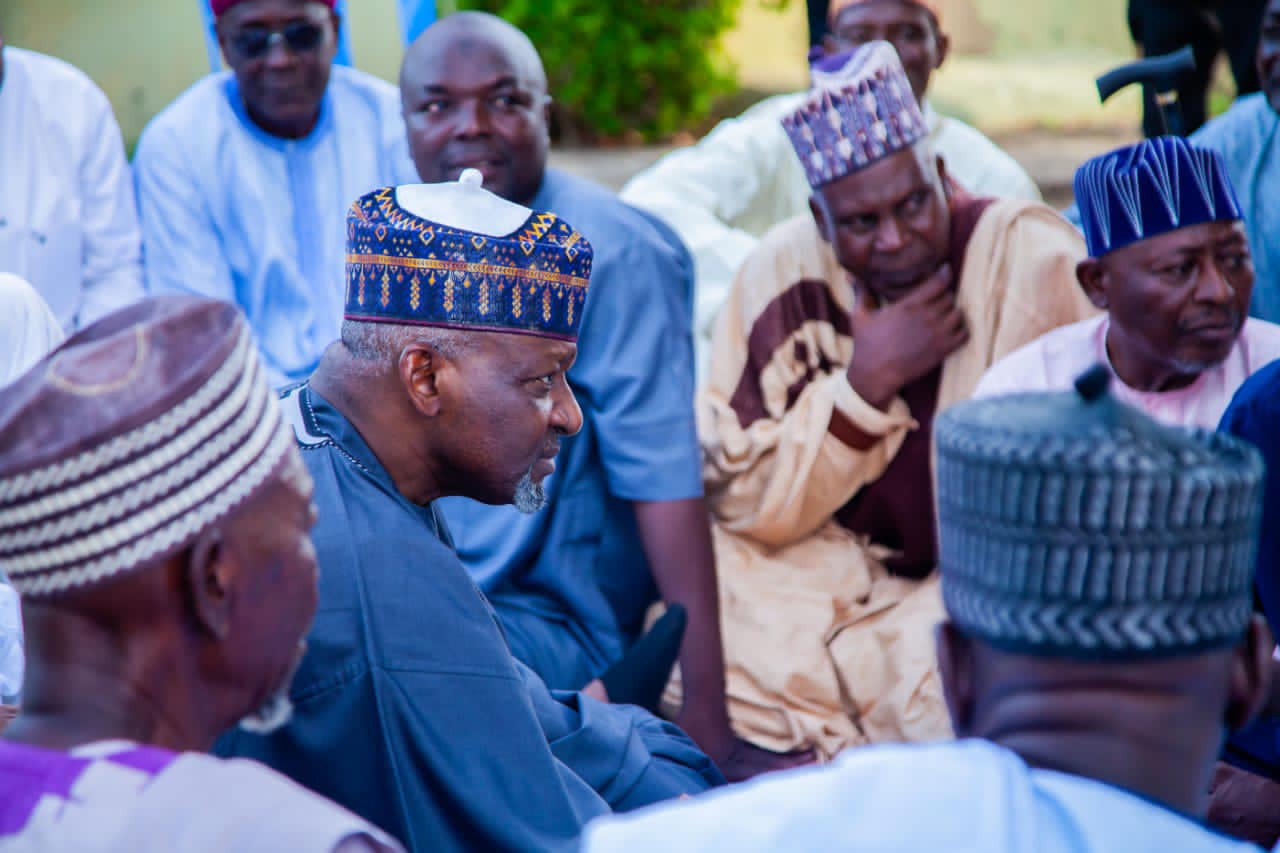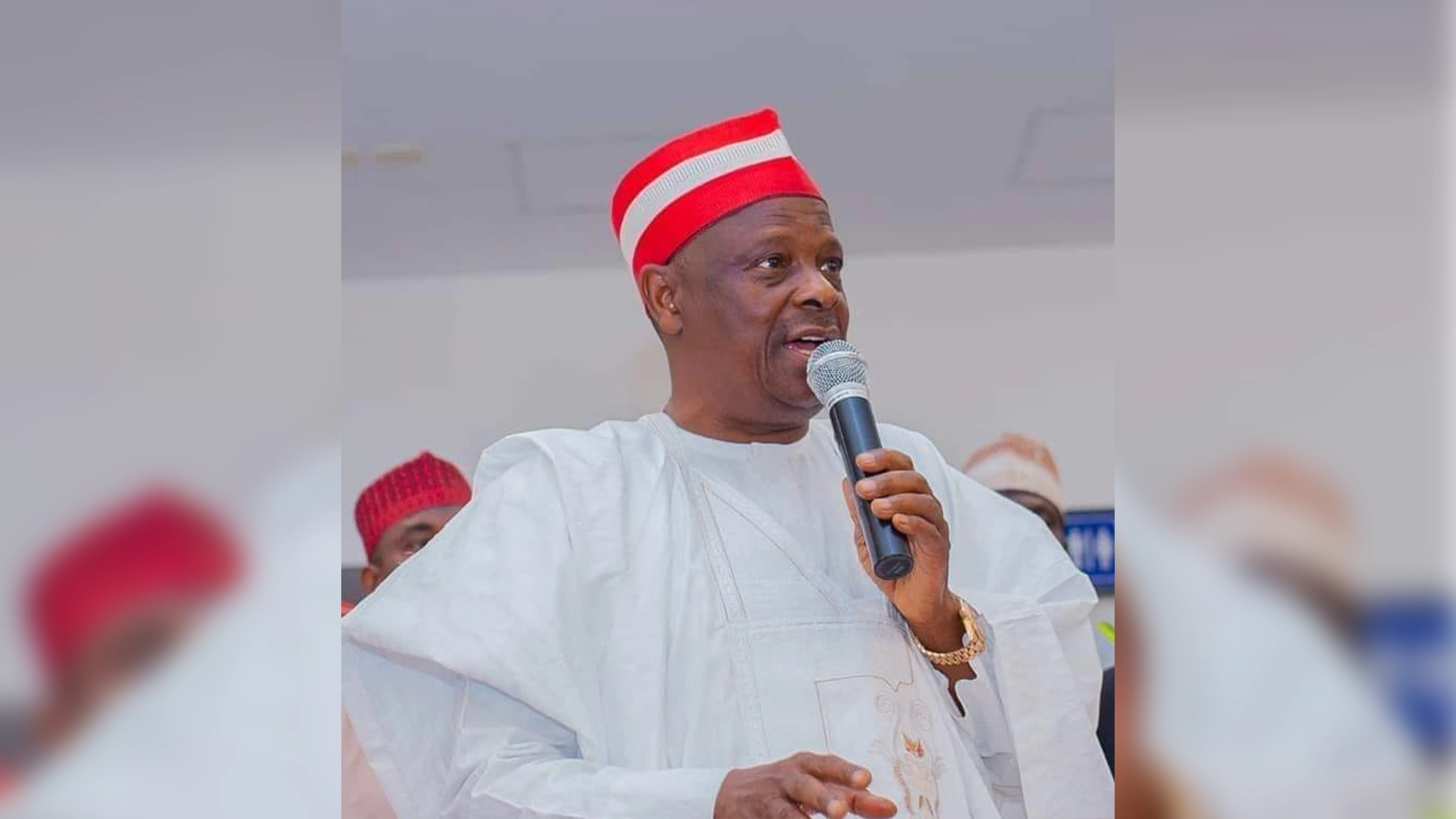The Federal Government, in partnership with the European Union (EU), has inaugurated a National Programme Steering Committee (NPSC) to oversee the €40 million Education and Youth Empowerment in Northwest Nigeria (EYEPINN) project.
The programme, being implemented in Jigawa, Kano, and Sokoto States, seeks to reduce the number of out-of-school children, enhance teacher development, and promote youth skills acquisition in the Northwest region.
The committee is chaired by the Minister of Education, Dr. Tunji Alausa, and co-chaired by the Minister of Budget and Economic Planning, Senator Abubakar Atiku Bagudu.
It will meet annually to provide strategic direction, while the EU Technical Assistance Team (EU-TAT) will serve as its secretariat. Quarterly technical meetings are also planned to ensure close monitoring and accountability.
Speaking at the inauguration in Abuja, the Permanent Secretary, Federal Ministry of Education, Abel Enitan, commended the EU for its longstanding partnership and investment in Nigeria’s education sector, which he said has improved access, equity, quality, and system resilience.
Represented by the Director of Poly Education and Allied Institutes, Dr. Usman Ejeh, Enitan described the EYEPINN project as a strategic intervention to tackle critical challenges in the sector.
“The EYEPINN project represents one of the most strategic interventions aimed at addressing the persistent challenges of out-of-school children, teacher capacity development, safe learning environments, and youth skills acquisition in Nigeria’s Northwest,” he said.
He added that the EU’s continued support through initiatives such as EYEPINN and Expand, Integrate and Strengthen Systems (EISS) reflects a shared commitment to empowering young people and ensuring that every child—regardless of background or gender—has access to quality education.
Highlighting the committee’s oversight role, Enitan said, “The committee is not only a platform for accountability but also a forum for strategic dialogue to ensure that all partners’ efforts are coherent and impactful.
“The success of EYEPINN depends on strong collaboration among federal, state, and local governments and our international partners. Every Euro invested must translate into measurable outcomes—better learning, empowered teachers, safer schools, and a resilient education system that leaves no child behind.”
Team Leader for Human Development at the EU Delegation to Nigeria and ECOWAS, Leila Mathieu, described the EYEPINN project as the delegation’s first standalone education initiative in Nigeria.
“This is the EU Delegation to Nigeria’s first project solely focused on education—our flagship project,” she said. “We wanted it designed in alignment with the Ministry of Education to serve the real needs of the Nigerian people.”
Mathieu noted that under the EU’s 2021–2027 partnership framework, about €800 million has been committed to Nigeria through national programmes, in addition to hundreds of millions more from regional programme windows.
She said the €40 million EYEPINN project, funded through UNICEF, Plan International, DIME, and technical assistance to the ministry, focuses on improving basic education—particularly for out-of-school children and nomadic learners—through collaboration with Quranic schools.
UNICEF’s Chief of Education, Vanessa Lee, described the project as timely, coming at a critical point in Nigeria’s education reform efforts.
“It will support both Federal and State Ministries of Education, as well as UBEC and SUBEBs, in transforming the education system,” she said.
“We remain committed to ensuring every child learns by supporting digital data systems, education financing, integrated Quranic learning centres, and foundational literacy and numeracy programmes, while promoting professional learning for teachers.”
Country Director of Plan International, Dr. Charles Usie, commended the EU’s sustained support across Nigeria’s education and health sectors, while Save the Children International’s Country Director, Duncan Harvey, emphasized the project’s potential to strengthen inclusive education.
“This is an important step that will improve programme leadership and ensure that every child—regardless of location, gender, or ability—has the right to quality basic education,” Harvey said.






